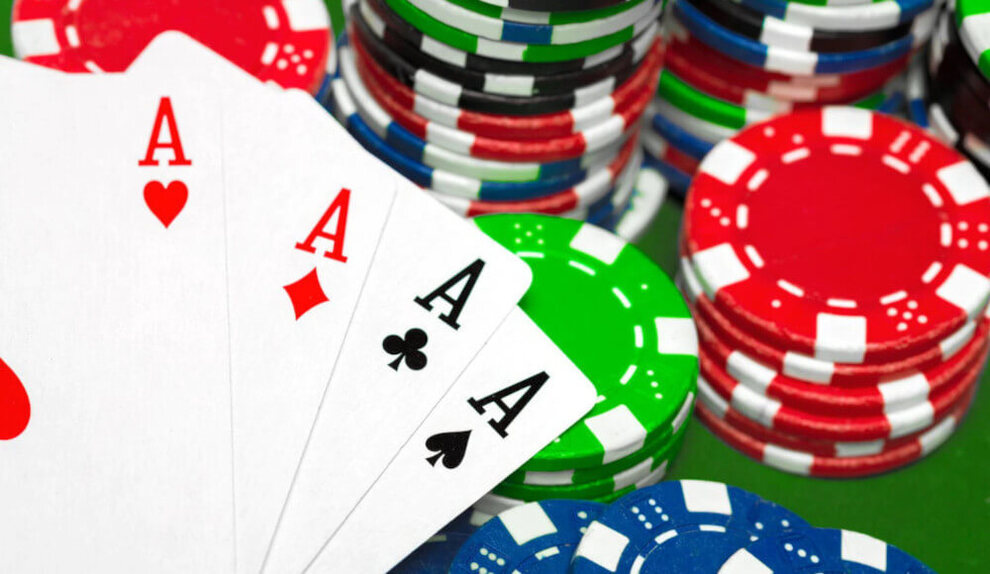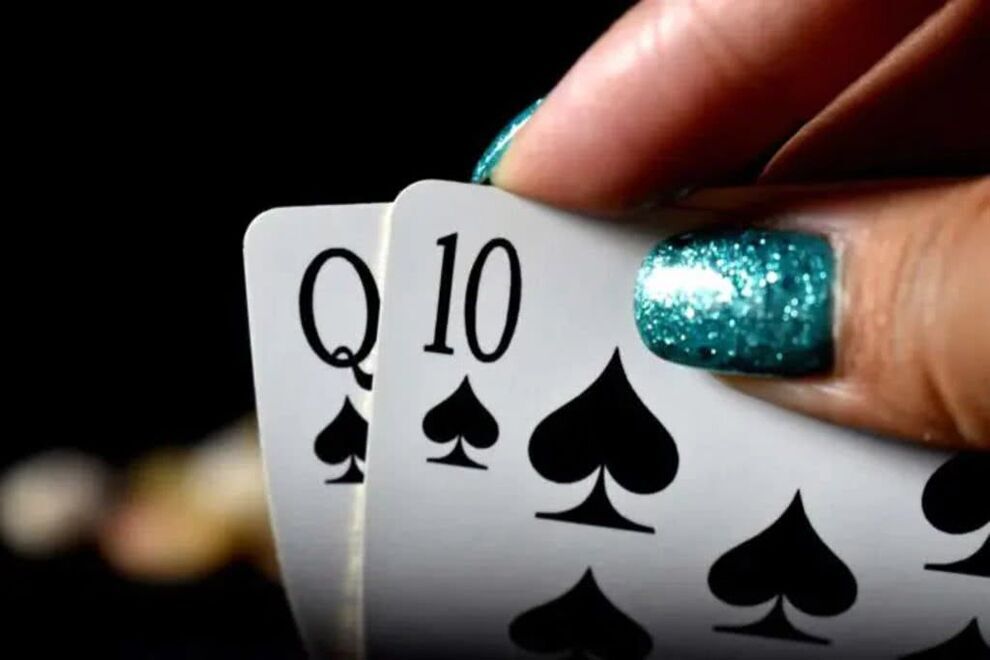We’ve all heard the saying that it only takes five minutes to learn the basics of poker, but a lifetime to properly master the game. The same assumption holds true for a variety of games, including blackjack and baccarat. So, how do we become specialists in such a vast range of games in a single lifetime? Unfortunately, there is no one-size-fits-all answer to that issue.
Via Image Featured in the Story
Having said that, the majority of card games have commonalities, and being able to spot these patterns can help you learn new games faster. In this post, we’ll go through the fundamental rules that govern almost all card games.
Away From the Deck
Understanding the structure and organization of a deck of cards is the foundation for mastering any card game. A conventional deck of playing cards has 52 cards, with 13 cards in each of the four suits. The same pack may also include one or two jokers, however, this feature is not required for all games. Let’s now focus on the 52 cards in our deck.
Each suit has 14 cards: the aces through tens, as well as the face cards (Jack, Queen, and King). These are known as the “ranks.” As a result, each pack has four Aces, 12 face cards, and 36 numbered cards. Keep this information in mind for when you need it in the future. There are numerous card games to choose from. Check out the most important ones below.
Trick-taking card games, which are among the most well-known and often played types of card games, are popular among children of all ages. In this round, participants lay their cards face down in front of them, and the player with the highest-ranking card wins the trick. Three well-known examples are Bridge, Spades, and Hearts.
Players swap cards with one another and also take turns trading cards from a shared pile on the table in exchange games. Rummy is regarded as a prime example of this type of card game. In comparison games, participants compete to see who has the best card combination. The winner receives the most points. The game of poker is one of the clearest illustrations of this. Solitaire games are just what they sound like, as the name implies. Solitaire games are remarkably similar to the card game of the same name.
How-to
Use an online guide that teaches you how to play your game as a reference. Conduct some research to determine the most reliable sources, and then stay with them. The first obvious step on your journey is to become acquainted with the game’s basic policies and processes. If you’re interested in playing other casino games, check out this beginner’s guide to craps. Even though there are many different card games, as previously said, there are some skills that are required to play any card game.
Other Articles That Might Interest You – Online Roulette Gambling

- Gamble Online Real Money
- Examining the Best Online Casino Guides for the Year 2022
- Anywhere in or Around Brooklyn That Has Blackjack Games
- Rankings, Order, Strength, Hierarchy, Best and Worst Hands in Poker
- An Analysis Of The Sensory Effect of Slot Machines
- 10 Online Small Business Ideas That Can Be Launched in One Day
- Are You Ready to Dive Into the World of Virtual Reality Gaming?
- Locations in Serbia Where You Can Play Poker
Concentration
Concentration is the cornerstone talent upon which all other skills must be built. It is critical to pay close attention to the game, pick up on subtleties, identify risks, and respond correctly. Try to keep the amount of chatting and alcohol you consume to a minimum while competing.
Ice-cold Blood
Every expert would urge you to avoid bringing your emotions to the table. Pay attention to what they have to say. Do not let your adrenaline or irritation influence your betting judgments. When playing games like poker, understanding how to remain motionless is just as important as learning how to go ballistic, and keeping a level mind will help you choose the best time for each tactic. Keeping your head clear can also help in this situation.
Card Recording
Pay close attention to the cards that are already face up on the table, as well as the cards that your opponents may or may not have, and any cards that are still in a pile. Card counting can be as intricate as a doctorate dissertation on probability, but thankfully, we don’t have to go nearly that far. There are several different intuitive card counting systems, but how they are employed varies depending on the game.
The most important thing to remember is that counting cards are not meant to be used for precise computations. Extrapolations and educated guesses are required here. As a result, having a clear understanding of how many cards of each sort are included in a normal deck of 52 cards is critical.
Make a Decision
When playing games such as baccarat, poker, or blackjack, you will frequently be required to make choices even though you have a limited amount of time to do so. It goes without saying how helpful a skill can be when applied in situations that take place in the real world. Despite this, it is an essential quality for any person who wants to be a good player of card games. You will need all of the knowledge you have acquired up to this point, as well as the ability to concentrate and count cards, to know when to fold your cards and when to take a gamble.
Social Skills
Reading another person as an exercise in empathy requires not only friendliness but also the ability to put oneself in the position of the other person. This is what we’re talking about here. We don’t always engage in head-to-head competition with our rivals. Despite this, we can get a good idea of a player’s demeanor and attitude by observing their behaviors and mannerisms while they are participating in games. It is possible to tell whether a player is feeling brave, fearful, or reticent simply by observing how they bet and how long it takes them to make their decisions. This is especially true in situations where the stakes are high.
Conclusion
Card games demand a high level of concentration from players, in addition to the ability to count the cards in the deck. This is true regardless of the game’s rules or format. The mathematics involved in card counting strategies can quickly become extremely complicated. When we are forced to make snap judgments, it can be helpful to have some basic guidelines to follow that will serve as a reference point for our behavior.
- Enhancing Trust with Blockchain Identity Verification - January 24, 2024
- How Marijuana Turns You into a Food Lover - December 1, 2023
- Behind the Scenes of the U.S. Nuclear Gun - November 28, 2023

